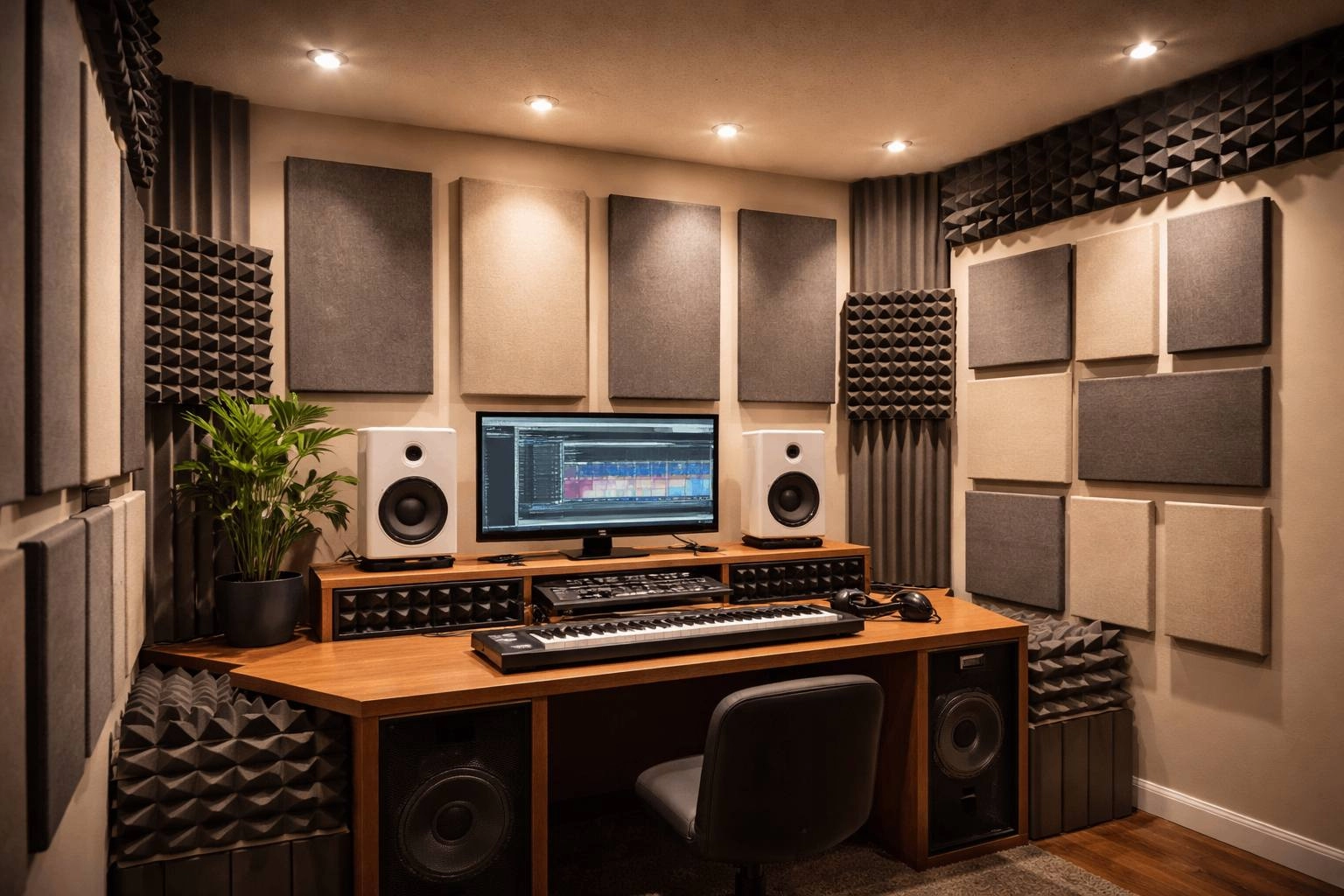The Science of Sleep: Finding Your Optimal Bedtime for Better Health and Productivity
In our fast-paced world, where the demands of work, family, and social life often collide, the question What time should I go to bed? is more relevant than ever. Sleep is not merely a passive state of rest; it is a complex biological process that plays a crucial role in our physical health, mental well-being, and overall productivity. Understanding the science behind sleep can help us determine the optimal bedtime that aligns with our individual needs and lifestyles.
The Importance of Sleep
Before diving into the specifics of bedtime, it’s essential to understand why sleep is vital. The National Sleep Foundation recommends that adults aim for 7-9 hours of sleep per night. Adequate sleep is linked to numerous health benefits, including:
- Cognitive Function: Sleep is critical for memory consolidation and cognitive performance. Studies show that insufficient sleep can impair attention, problem-solving skills, and decision-making abilities.
- Emotional Regulation: Lack of sleep can lead to increased irritability and stress, making it harder to manage emotions effectively. Research indicates that sleep deprivation can exacerbate anxiety and depression.
- Physical Health: Chronic sleep deprivation is associated with a higher risk of various health issues, including obesity, diabetes, cardiovascular disease, and weakened immune function.
- Productivity and Performance: Well-rested individuals tend to be more productive and creative. Sleep enhances our ability to focus and perform tasks efficiently.
Factors Influencing Your Ideal Bedtime
Determining the best time to go to bed is not a one-size-fits-all solution. Several factors influence individual sleep needs and patterns:
- Chronotype: Your chronotype refers to your natural sleep-wake cycle, which can be categorized as morning lark, night owl, or somewhere in between. Understanding your chronotype can help you identify the optimal bedtime. For instance, night owls may find it challenging to fall asleep early, while morning larks may feel more alert in the early hours.
- Age: Sleep requirements change with age. Teenagers and young adults often need more sleep than older adults. As we age, our sleep patterns may shift, leading to earlier bedtimes and wake times.
- Lifestyle and Work Schedule: Your daily routine, including work hours and social commitments, can significantly impact your bedtime. Shift workers, for example, may need to adjust their sleep schedules to accommodate irregular hours.
- Health Conditions: Certain medical conditions, such as insomnia or sleep apnea, can affect sleep quality and duration. Individuals with such conditions should consult healthcare professionals for tailored advice on sleep hygiene and bedtime.
Calculating Your Ideal Bedtime
To find your optimal bedtime, consider the following steps:
- Determine Your Wake-Up Time: Start by identifying what time you need to wake up each day. This will serve as the anchor for calculating your bedtime.
- Count Backwards: Based on the recommended 7-9 hours of sleep, count backwards from your wake-up time. For example, if you need to wake up at 6:00 AM, aim to go to bed between 9:00 PM and 11:00 PM.
- Listen to Your Body: Pay attention to how you feel during the day. If you consistently feel tired or struggle to concentrate, it may be a sign that you need to adjust your bedtime.
- Establish a Routine: Consistency is key to improving sleep quality. Try to go to bed and wake up at the same time every day, even on weekends, to regulate your body’s internal clock.
Enhancing Sleep Quality
Once you’ve determined your ideal bedtime, consider implementing strategies to enhance sleep quality:
- Create a Sleep-Inducing Environment: Ensure your bedroom is dark, quiet, and cool. Consider using blackout curtains, earplugs, or white noise machines to minimize disturbances.
- Limit Screen Time: The blue light emitted by screens can interfere with melatonin production, making it harder to fall asleep. Aim to disconnect from electronic devices at least an hour before bedtime.
- Establish a Relaxing Pre-Sleep Routine: Engage in calming activities before bed, such as reading, meditating, or taking a warm bath. This can signal to your body that it’s time to wind down.
- Be Mindful of Diet and Exercise: Avoid heavy meals, caffeine, and alcohol close to bedtime. Regular physical activity can also promote better sleep, but try to avoid vigorous exercise right before bed.
Conclusion
In conclusion, the question of What time should I go to bed? is multifaceted and deeply personal. By understanding the science of sleep and considering individual factors such as chronotype, age, lifestyle, and health, you can determine the optimal bedtime that supports your well-being. Prioritizing sleep is not just about quantity; it’s about quality. By adopting healthy sleep habits and creating a conducive sleep environment, you can enhance your overall health, productivity, and quality of life. Remember, sleep is not a luxury; it is a necessity.





